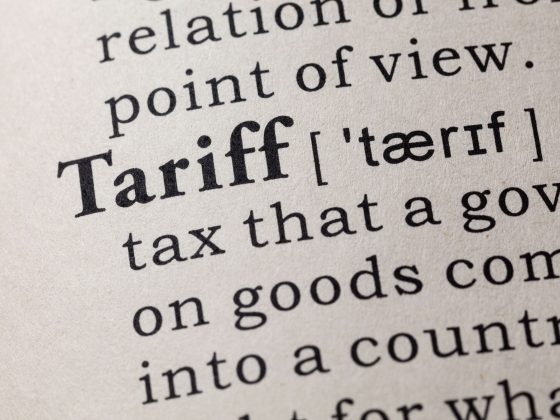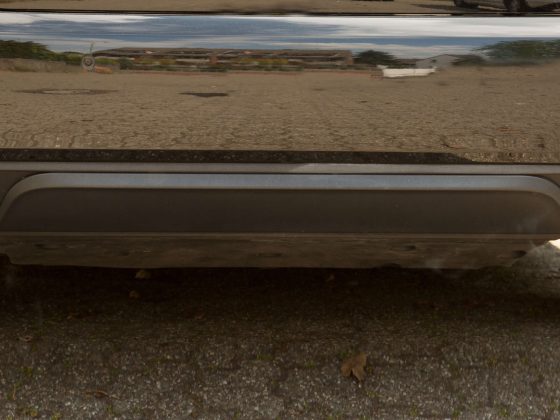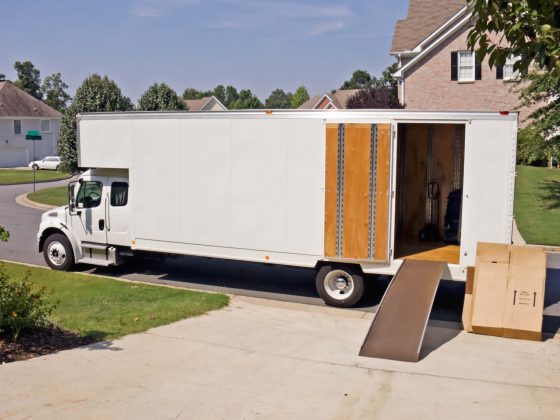What if you knew that you could spend a relatively small amount of money every so often to save hundreds, and probably thousands later, would you do it?
Use eTags© to Quickly Complete Your DMV Service. Renewals, Title Transfers and More, All Online!
Most of us would, and that is what car maintenance is all about.
Doing relatively small tasks so that your car will be less likely to break down and cause big problems later.
Regular car maintenance requires commitment and discipline though. How much time and effort are you willing to dedicate to your vehicle?
Regular Maintenance Jobs
One of the most important things that a car owner should commit to is checking fluids regularly and changing them as the manufacturer recommends.
For most vehicles oil should be changed every 3,000 miles. For other vehicles it’s 5,000 miles.
You should check all of your fluids in between changing—which might allow you to find little problems and get them fixed before they become catastrophic.
The fluids in your car, especially the oil is like the blood in your body that keeps you alive.
When you don’t change those car fluids periodically, then little pieces of metal shavings or dirt, or other things can get in the oil and cause a stoppage of that flow.
This is similar to a stroke in a person. But, unlike a body, getting rid of these little pieces of gunk in the fluids of a vehicle is as simple as changing the fluids as established in your car manual.
Most of the time you can’t tell the difference in how your car runs with oil that has been used for 3,000 miles rather than 4,000, but your car’s engine will know.
You will also need to change filters as prescribed in the manual. Filters help keep foreign bodies out of different parts of your vehicle.
Not only do they help your engine last longer, but they can also be important in improving your mileage and overall performance of your vehicle.
Tire pressure can be an incredibly important part not only of ensuring that your vehicle runs at peak performance, but also that you and your passengers are safe.
Often, people think about tires when they see that one has lost pressure, or if the warning light comes on to tell us that a tire has lost pressure.
Regular examination of tires and checking tire pressure can help your vehicle in many ways.
A tire gauge can help you check each tire periodically. Tires that have the factory recommended pressure give you a smoother ride, which is safer for everyone in your vehicle and those sharing the road.
Properly inflated tires also help you get better gas mileage, which also saves you money.
Another big benefit to keeping tires properly inflated is that tires last longer.
Longer lasting tires means the vehicle owner doesn’t have to spend money on tires as often either.
Rotating tires regularly and ensuring that tires are balanced appropriately will make the tires last longer, ensure the ride of your vehicle is smoother, and make your vehicle safer.
With the price of new tires, that is a winning reason to keep air in your tires, and maintain them balanced.
Unlike a blown engine, which will allow your vehicle to coast to a stop—hopefully at the side of the road—a blown tire can make you lose control putting you and others at risk.
Why People Don’t Want to Maintain Their Vehicles
Most people suggest that the reason they don’t keep their vehicle regularly maintained is the time required.
Few people look forward to stopping by the shop right after work, or spending time on a weekend getting maintenance done.
If you are looking for an inspiration, know that it takes less time to have the oil and filters changed than it takes to have an engined overhauled owing to poor performance.
It will cost a lot less money too.
Monthly tasks for regular car maintenance
- Clean your vehicle to keep its value up for trade in.
- Ensure all lights work correctly.
- Check tire pressure and look for bubbling or tears.
- Check your cars’ fluids, including windshield wiper wells.
Every Three Months (or as directed in your manual)
- Check transmission fluid.
- Check the battery expiration date so you won’t be stranded because you didn’t change it.
- Change oil and oil filter.
- Check exhaust system for holes or leaks.
- Check wiper blades.
- Check hoses for snug fits and holes.
Committing to regular car maintenance can help your vehicle last longer, help it retain its value, make it run more economically, and most importantly, enhance your safety.
SEE ALSO: 6 Driving Secrets Novice Drivers Cannot Afford To Ignore








